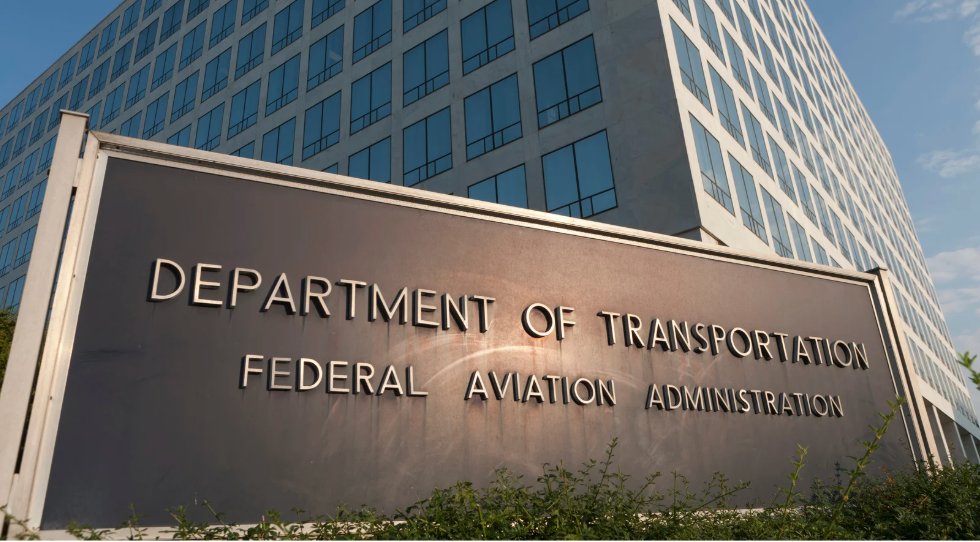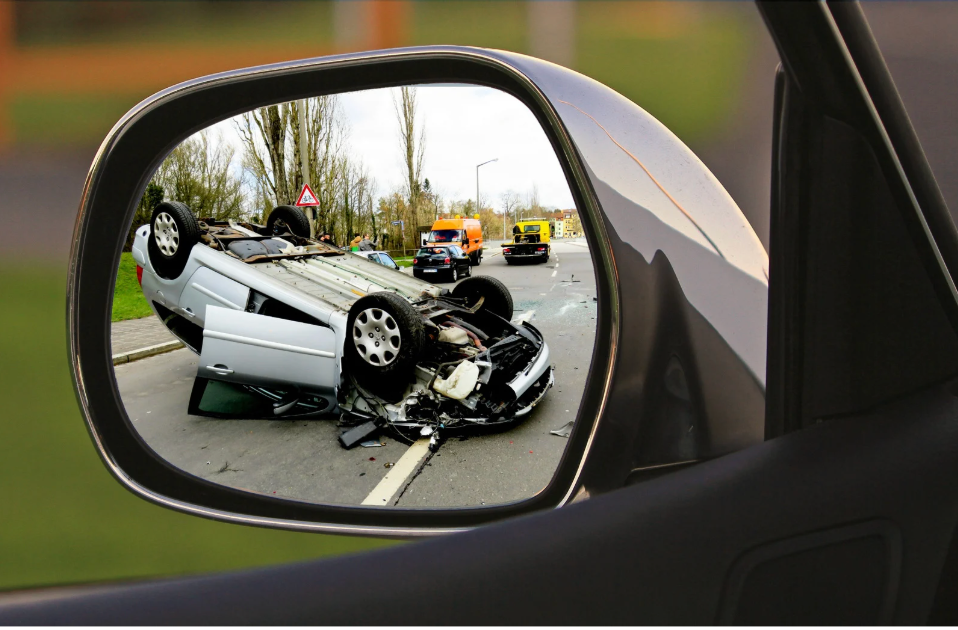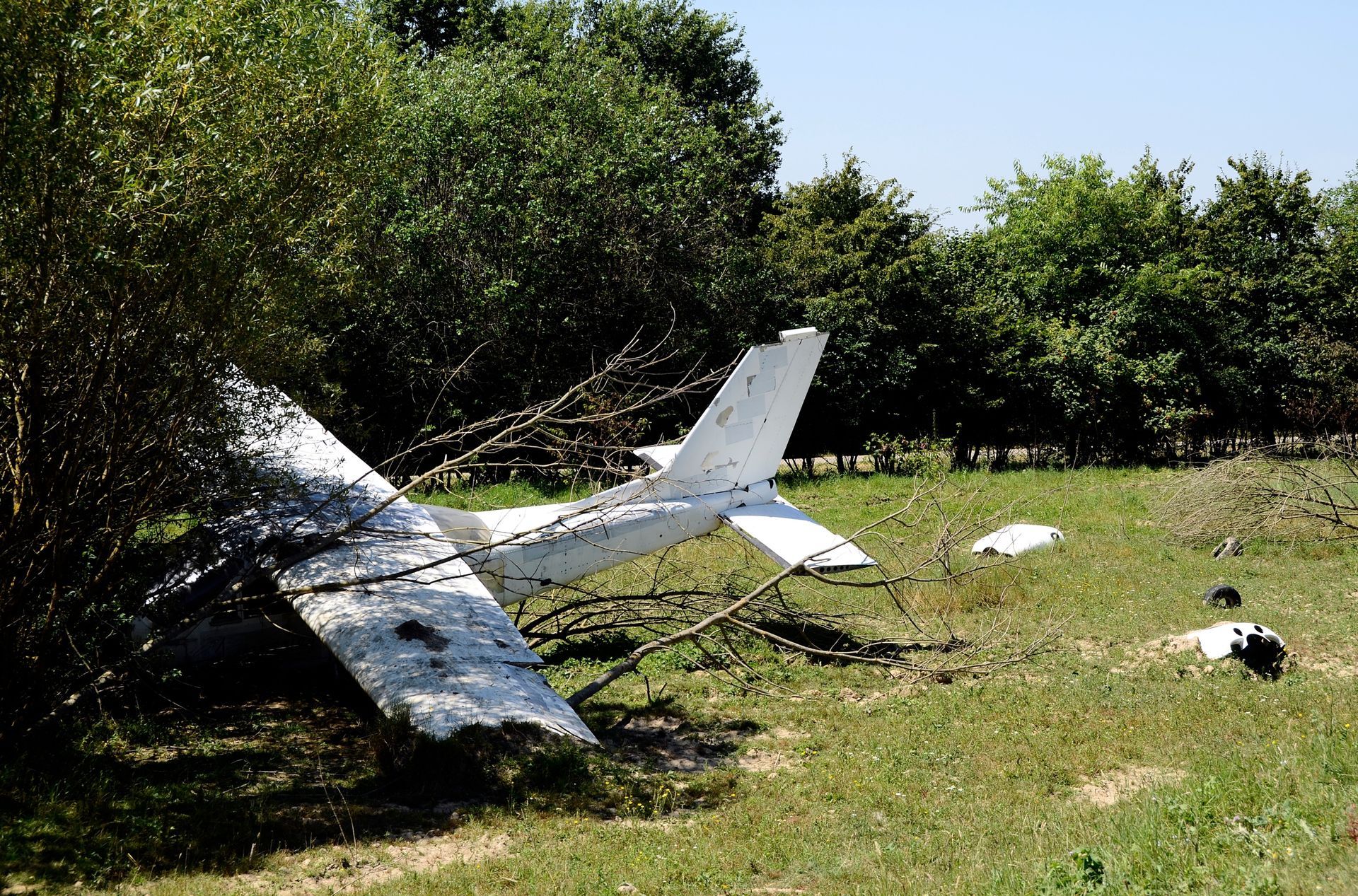Fatal Crashes in Texas Work Zones
David K. Wilson & Associates
May 7, 2019
Driving through a work zone on an interstate is always a little nerve-wracking. Lanes suddenly come to an end, debris is often in the road, and you have to drive in close proximity to other vehicles. As a result of these hazardous conditions mixed with high speeds, fatalities and serious injuries are likely when an accident occurs. One state that’s had its fair share of problems with work zone accidents in Texas.
In 2018 alone, 161 fatalities resulted from crashes in work zones. Over 80% of the fatalities included drivers and passengers. Workers are also at serious risk when an auto accident occurs in a work zone. Some of these workers end up getting stuck when a car loses control at high speeds. This means drivers along with work crews need to take safety precautions on Texas highways.
Why Accidents Happen in Work Zones
Warning signs are usually posted well before work zones so approaching drivers know to slow down and pay attention. Unfortunately, these warning signs aren’t always useful. Sometimes, road crews fail to implement adequate warnings altogether. This is a recipe for disaster, especially when semi trucks are involved. These vehicles require more room to stop than automobiles. Other common reasons for work zone accidents include:
- Drivers failing to slow down
- Distracted driving
- Tailgating through work zones
- Machinery or debris in the road
- Uneven roads due to construction
Due to the conditions of highway work zones, accidents often involve multiple vehicles. Sometimes drivers who are obeying all traffic laws are struck by a negligent driver or as a result of poor conditions. When this happens, the driver has a right to seek compensation for injuries and property damage.
Tips for Staying Safe
This year the Texas Department of Public Safety has started enforcement efforts to catch violators of the Move Over/Slow Down law. This law states that drivers must switch lanes and slow down to 20 mph below the normal speed limit when they see flashing lights of a Texas Department of Transportation Vehicle. This will likely reduce the frequency of accidents. However, drivers must do everything they can to stay safe in work zones.
When approaching construction areas, drivers should pay extra attention to the cars around them and the work being done to the road. They should also reduce their speed whether the traffic is heavy or not. It’s also important to pay attention to brake lights on the vehicles ahead, as many work zone auto accidents involve rear-end collisions. Finally, drivers must always be on the lookout for debris, road damage, and equipment.
Contact an Experienced Auto Accident Attorney
Have you been injured in a work zone auto accident and feel either the road crew or another driver was negligent? There’s a chance you can seek compensation for your injuries. At the Law Office of Donald S. Fair, we work hard to protect the rights of individuals who are suffering through no fault of their own.



